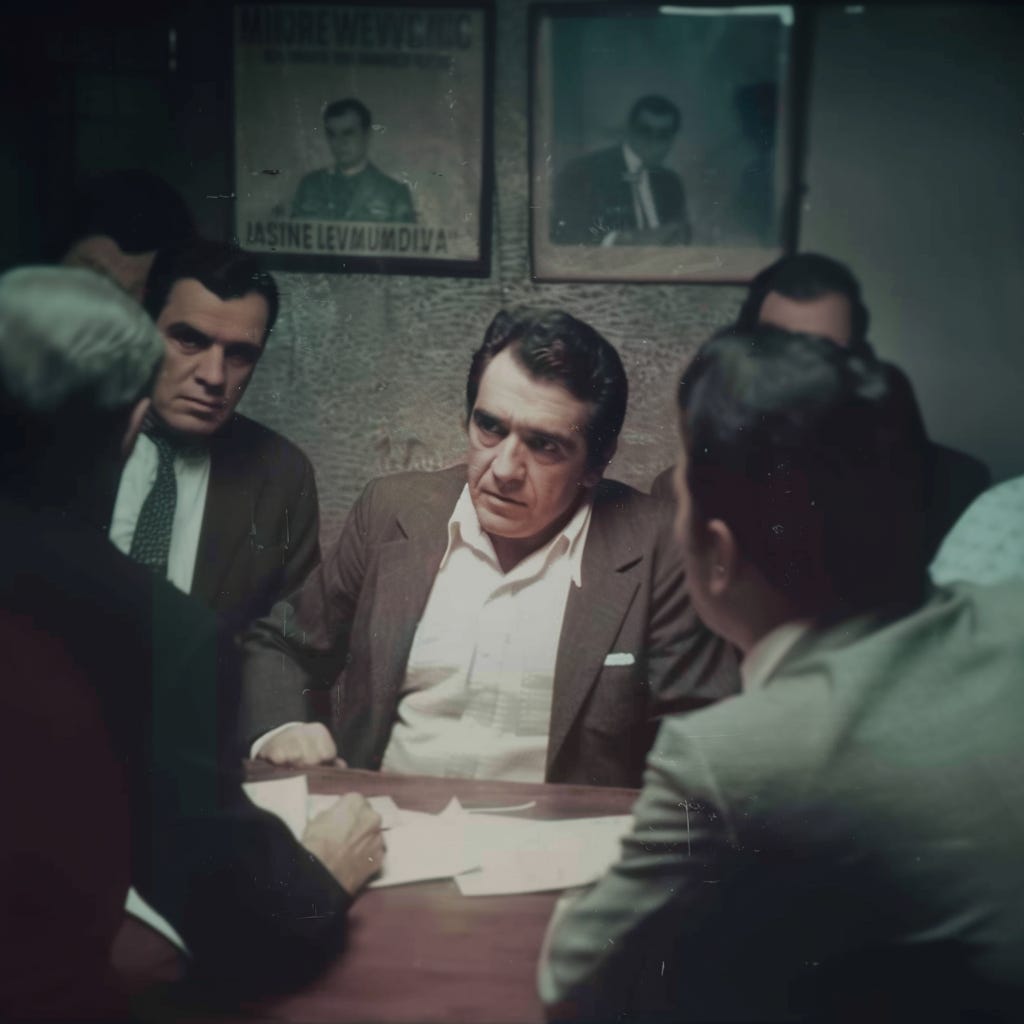Beyond Goodfellas: The Life and Times of Jimmy "The Gent" Burke
Immortalized by Robert De Niro in Martin Scorsese's iconic film Goodfellas, Notorious Irish gangster James "Jimmy the Gent" Burke was one of New York City's most feared and respected criminals
Martin Scorsese’s 1990 gangster film Goodfellas is considered by most to be a classic in the genre. Many place it alongside The Godfather as a masterpiece in American film.
The characters are brought to life through the brilliant acting of a very talented ensemble cast.
Though the film stars Ray Liotta, the performances of Robert De Niro and Joe Pesci are arguably even more memorable and iconic, with Pesci winning that year’s Academy Award for Best Supporting Actor.
The film was nominated for a total of six Academy Awards.




